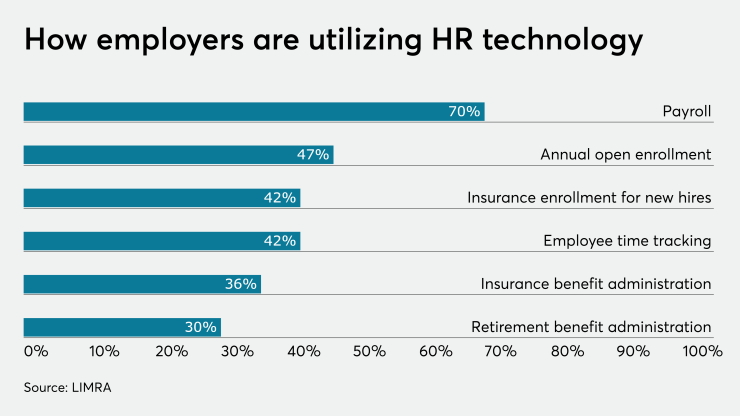As HR and benefits professionals, we are laser-focused on doing right by our organizations and people. We all know that healthy behaviors – even during high-stress times – can strengthen our immunity, which is precious right now. As many of us work long hours from our homes helping employees navigate the significant challenges brought about by COVID-19, it’s crucial that while we take care of everyone else, we also make the time to take care of ourselves.
Here is a self-care refresher for all professionals weathering this crisis from the safety of quarantined locations.
Best practice: Eating three healthy meals a day (away from your computer) plus one or two snacks and drink plenty of water to stay hydrated.
Not best practice: Grazing all day long, eating in front of the fridge, with coffee as your primary liquid.
Best practice: Setting aside time to exercise, ideally at least 20 minutes a day.
Not best practice: Wearing athleisure every day, conveniently disregarding the “athletic” part.
Best practice: Being available for colleagues and clients while also preserving some personal time in your schedule.
Not best practice: Being available 24/7 or reverting to college hours – 12pm to 2am.
Best practice: Taking pride in how you look, getting dressed – preferably in something with a waistband – and looking tidy.
Not best practice: Working in pajamas or the same leggings or sweats every day…pretending the camera on your laptop is broken.
Best practice: Creating a designated workspace in your home that has minimal distractions.
Not best practice: Working in bed, on the sofa, or at the kitchen table where you eat most of your meals.
Best practice: Communicating work expectations to family members or roommates, for example “Mom or Dad has to get on a conference call now, please keep it down for 30 minutes.”
Not best practice: Attending a video call and assuming your colleagues want to meet your family members (they don’t) or pets (they might).
Best practice: Protecting your personal brand by continuing to deliver high-quality work and following through on obligations and deadlines.
Not best practice: Spending your valuable time scrolling through social media. (Tip: set time limits for addictive apps).
Best practice: Making time to relax and de-stress after each workday.
Not best practice: Watching 14 hours of coronavirus news coverage.
COVID-19 has created significant disruptions in all our lives, but we don’t have to succumb to the pressures of inertia. Just as we are reinforcing a commitment to our peoples’ health and wellbeing, we should model that same commitment to ourselves. It will pay dividends in the long run.






